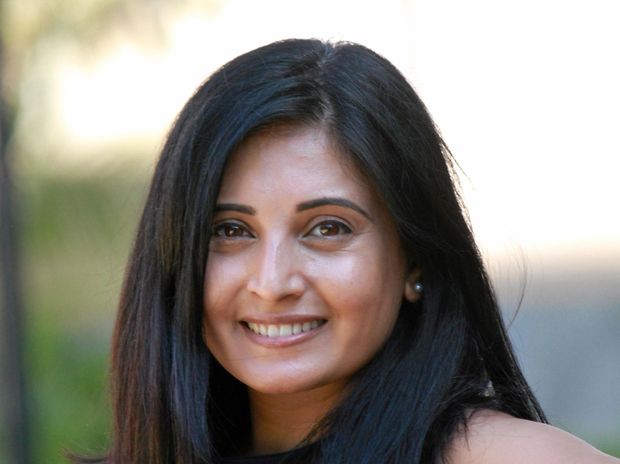
This article originally appeared in the Springfield Daily Record, by author Sherele Moody.
EDUCATION is something most Aussies take for granted.
But for girls and women growing up in Afghanistan the simple act of learning - or showing their face in public - can get them killed.
It's been 18 years since Samira Nazar and her family fled the war-torn south-central Asian country but the memories of the Taliban's oppressive misogynistic brutality are still strong for the 29-year-old woman.
"You see your mum, your aunts, every woman around you being oppressed," Samira recalls as she reveals the simple act of shopping was enough to end in public retribution.
"There were guns everywhere, they (the soldiers) would threaten people.
"If you go shopping you want to see what you're buying. You need to see it and feel it and as a woman you can't uncover your face to see something properly.
"If you did you would get punished. They would hit you.
"I saw my mum hit from behind with a stick because she lifted her veil to see fabric at the market.
"The extreme way of punishing women was to take them to a sports stadium where they would stone women."
When Samira was 11, her mother Nasrin and her father Shukoor decided to risk everything by fleeing Afghanistan with their three children.
The Nazars believed a good education was the one thing all their children deserved and they knew they had no hope of giving their daughters that if they stayed in a country where learning could lead to state-sanctioned murder.
"It was not acceptable for my parents to see us grow up without education," Samira says of the impetus behind their flight for life.
"It was a definitely a risk for them to take, but to take us to a safe place and get access to education they needed to take those risks."
Samira and her family eventually settled in Austria as refugees.
"My parents encouraged us to embrace our new home and our new language," she says.
"They encouraged us to get used to it and to have Austrian friends and that was the key to why we were able to adapt to our new environment very easily.
"We just wanted to do well and that has contributed to a better life for us."
Samira completed her normal schooling at 16 and, instead of just settling for a job in a local factory or as a waitress, she enrolled in a German language school with the aim of going on to study business.
She travelled 100km a day to attend classes, driven to succeed by the incredible sacrifices made by her parents.
"The risk they took is one of the things that defines me - it has helped me to achieve, to help me takes my own risks and to say 'Yes' to hard things," she says, revealing that learning in a language that was not her native tongue was one of the hardest, but most satisfying, things she has done.
"I believe that language is a door opener to culture and to people."
Now fluent in four languages and with a resume that lists CSIRO, Microsoft and Fujitsu, the University of Queensland Business School academic has her sights set on completing a PhD with a focus on social impact and sustainability.
Read the full article here.



